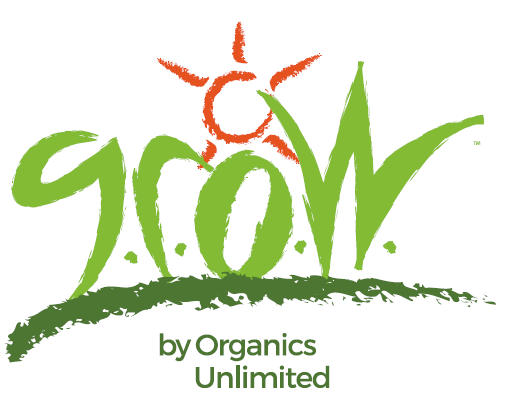The majority of consumers still predominantly purchase conventionally grown produce or a mix of conventional and organic, according to results of The Packer's Fresh Trends 2025 survey. Strawberries are the produce item most frequently reported to be bought organic, followed by bananas and potatoes.
When considering an organic produce purchase, price is the top factor for consumers, 64% of whom said they weigh if the organic item is worth the extra cost.
Interestingly, despite being most sensitive to food inflation, younger generations — Gen Z and millennials — much more frequently reported buying organic produce than older generations, with millennials — with the highest rate of reported purchases at 1 in 3 — saying the majority of their produce is organic.
Younger generations are also willing to pay a higher price for organic, with 17% of Gen Z and 14% of millennials indicating they would be willing to pay 25% to 49% more for organic, compared to just 3% of Gen X and 7% of baby boomers. Roughly 1 in 5 Gen Xers and baby boomers are unwilling to pay a higher price for organic.

“As a market researcher, I'm not surprised that younger generations are willing to pay more for organic produce,” said Jonna Parker, vice president of the fresh foods group at Circana. “Gen Z has grown up in a world that looks wholly different from the people 10, 20 or 30 years older than them and, ultimately, what's important to them is different.
“They have always lived in a world with personal variety and choice — from what music to listen to or what makeup or T-shirt to wear and the infinite number of choices in just those three categories — and they're then frustrated that they don't have those kinds of choices in produce.
“Organic is a choice. It's a label. And while it does have meaning, the average American consumer doesn't understand the science behind it. So, for better or for worse, ‘organic' has become a descriptive word to younger consumers — a choice — like ‘artisan' or ‘specialty,'” she continued. “And honestly, even the produce choice for them is often influenced as much by the variety, the brand or the organic label as it is by the availability of it.”

While baby boomers more frequently reported buying their organic produce at a regional chain and all other generations more often said they purchase organic at a chain superstore (i.e. Target or Walmart), Fresh Trends 2025 found that Gen Z, at 13%, is the generation most frequently indicating they also buy organic produce from a chain discounter.
“We've seen an uptick in smaller format, limited-assortment stores like convenience stores, budget stores and dollar stores starting to expand their produce,” said Parker. And while she said the older population may have a preconceived notion as to the quality of the fresh produce at these stores, the younger generation doesn't share that bias.
For the sake of convenience, Gen Z buys produce where they are and at the same places they're already shopping for other things, she said.
“And by the way, I think we are too quick to dismiss the quality and the offerings at other channels for fresh produce,” Parker added. “They have really upped their game. There are snack packs, value-add and, yes, even organics at discount and small-footprint stores that we previously wouldn't have thought.”
Related: Get more insights by downloading the Fresh Trends 2025 report here.












